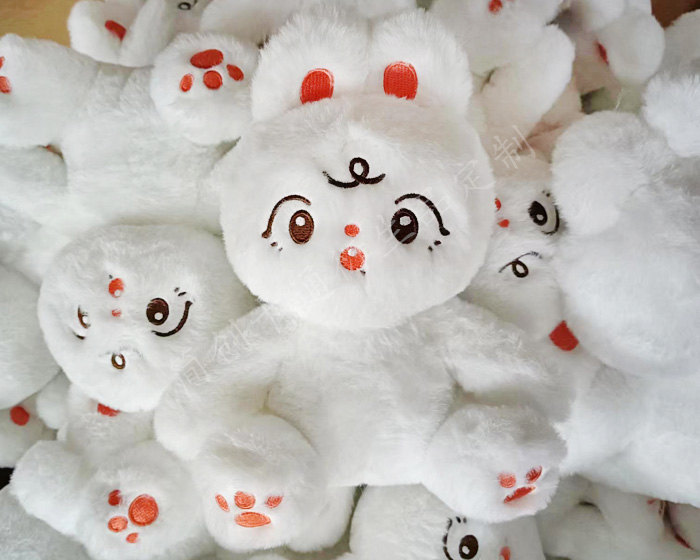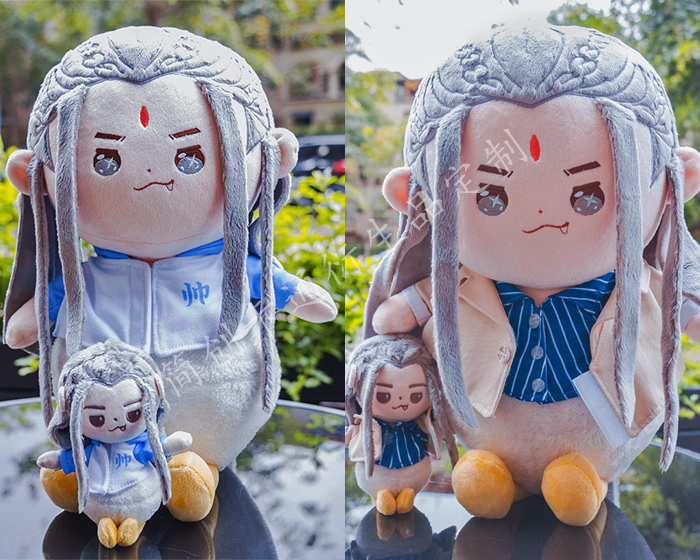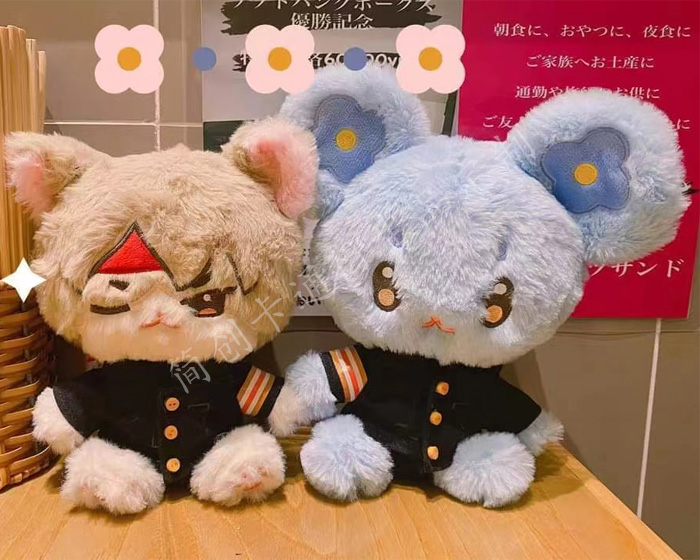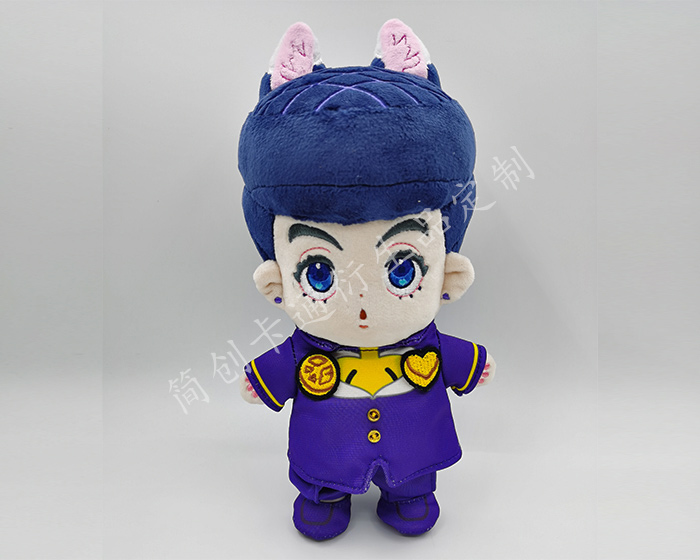cotton dolls can have sustainable and eco-friendly aspects, particularly when considering their materials, production methods, and long-term impact. Here are some key points highlighting the sustainability aspects of cotton dolls:
-
Natural and Biodegradable Materials: cotton dolls are often made from natural fibers such as cotton, which is a renewable resource. Cotton is biodegradable, meaning it will naturally decompose over time, reducing waste and environmental impact.
-
Non-Toxic and Safe Materials: Sustainable cotton dolls prioritize the use of non-toxic and safe materials in their production. This ensures that they do not contain harmful chemicals or substances that can pose risks to human health or the environment.
-
Handmade and Artisanal Production: Many cotton dolls are handmade or crafted by artisans, which promotes traditional craftsmanship and supports local communities. Handmade production often involves low energy consumption and reduces reliance on large-scale manufacturing processes that may have a higher environmental impact.
-
Upcycling and Repurposing: Sustainable cotton dolls can be created using upcycled or repurposed materials. This involves transforming existing fabrics, such as old clothing or textiles, into new dolls, reducing waste and promoting resourcefulness.
-
Minimal Packaging: Eco-friendly cotton dolls often come with minimal packaging. Manufacturers and sellers strive to reduce excessive packaging materials, such as plastic or non-recyclable materials, to minimize waste and environmental footprint.
-
Longevity and Durability: Well-made cotton dolls are designed to be durable and long-lasting. This reduces the need for frequent replacements and extends the lifespan of the dolls, reducing overall waste generation.
-
Repairability and Reusability: Sustainable cotton dolls are often designed with repairability in mind. They may have removable clothing or parts that can be easily repaired or replaced if damaged, prolonging their usefulness and reducing waste.
-
Conscious Manufacturing Practices: Some cotton doll manufacturers prioritize sustainable and ethical manufacturing practices. This can include using eco-friendly production techniques, promoting fair labor conditions, and supporting local communities.
-
Donation and Secondhand Market: When cotton dolls are no longer needed or outgrown, they can be donated or resold through the secondhand market. This promotes a circular economy and reduces the demand for new dolls, extending their lifecycle and minimizing waste.
-
Environmental Awareness and Education: Sustainable cotton doll brands often incorporate environmental awareness and education into their mission. They may provide information on sustainability practices, encourage responsible consumerism, or support environmental initiatives.
By considering these sustainable aspects of cotton dolls, individuals can make more conscious choices when selecting and enjoying these toys. Supporting eco-friendly cotton dolls not only promotes sustainability but also encourages responsible consumption and a more environmentally conscious lifestyle.
The following are some examples of plush toys that our factory customizes for customers. Check out if there is one that you like best.
-
Custom Stuffed Animals
-
Plush Toy
-
Plush Dolls
-
Custom Animal Plush
-
Cute Plush Doll
-
Custom Stuffed Dolls
-
Custom Plush Toy
-
Cotton Dolls
-
Weighted Plush Toys
-
Cute Stuffed Animals
-
Custom Pet Stuffed Animal
-
Warmies Stuffed Animals
-
Weighted Stuffed Animal
-
Soft Toys
-
Plush Stuffed Doll
-
Custom Stuffed Dolls
-
Plush Maker
-
Bear Stuffed Toy
-
Anime Plush
-
Custom Stuffed Animal
-
Anime Plush
-
Custom Plush Toy
-
Personalised Stuffed Animal
-
Plush Animal Toys
-
Custom Plush Makers
-
Custom Plushies
-
Toy Manufacturer
-
Rag Doll Making
-
Custom Toys
-
Dog Plush Toys
-
Custom Rag Doll
-
Stuffed Animals
-
Custom Plush
-
Custom Plush Dolls
-
20cm Cotton Doll
-
Jojo Plush
-
Custom Doll
-
Jojo Doll
-
Large Plush Toys
-
15cm Cotton Doll
-
Dumpling Plush
-
Cotton Doll


























